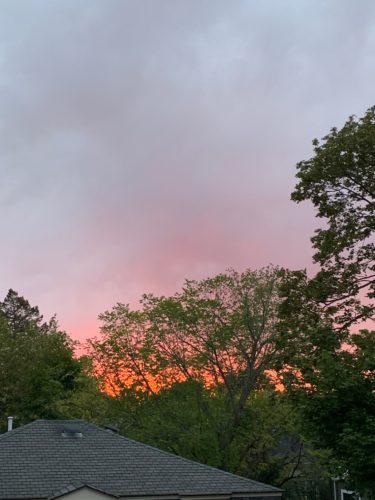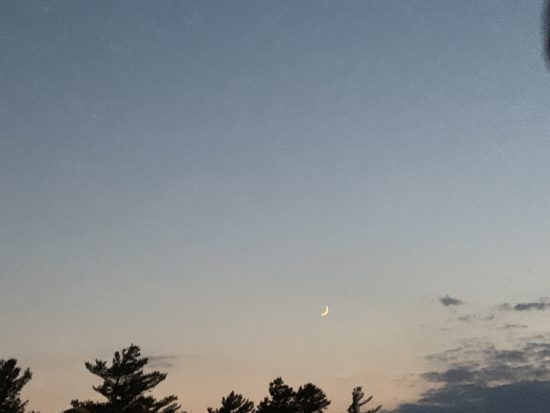I wrote a piece a while ago that I shared on Medium last week. It’s probably pretty redundant for anyone who has been reading here – about Dad, poetry, Tennyson, Whit, loss, memory. One of the reasons I go back and forth on continuing to write here is this sense that I’ve become a totally boring, repetitive writer. Still, it’s a piece that means a huge amount to me, so I’m proud to see it up. You can read the piece here, and the first part of it is below. To add color to the particularly complicated and rigorous last year, Liz, who read at Dad’s funeral (one of two non-family members to do so) recently died herself. I will attend her funeral next weekend. Losses everywhere. Much is taken. Much abides.
***
“To strive, to seek, to find, and not to yield.” Dad closed the heavy Norton anthology and slid it onto the table in front of him, before picking up his wine glass and leaning back against the house and looking at me in the candlelight. It drove Mum crazy when he leaned back on the chair’s rear legs like that. She was always afraid he’d either fall or break the chair, maybe both.
I could hear the late-summer crickets chirping in the deep darkness and thought once again of how early sunset came these days, as the world rushed towards Labor Day and the fall. Dad and I were on the back porch in Marion, candles burning down, the napkins of the rest of the family crumpled on the table. Mum and Hilary had gone inside a while ago, and Dad had pulled the old Norton out of the front room bookshelf to read. He loved Tennyson and so do I. I was going back to my senior year in college next week, and I had almost chosen to write my thesis this upcoming year on Tennyson. Ultimately I’d chosen to write about motherhood and poetry in the lives and work of three twentieth-century poets, but Dad and I had talked a lot about Tennyson as I made that decision. He’d read me Crossing the Bar (the poem he’d always told us he wanted read at his funeral and which his own father had also adored) and Ulysses more times than I can count, and others, too: he loved High Flight and had recently re-read the Inferno for fun and wanted to talk constantly about the incredible imagery of light and dark in Paradise Lost. “Read” is not really accurate, actually, since he recited long parts of these poems by heart.
As I grew up and got married and had children of my own, Dad and I kept talking, about life and the world and poetry, too. I didn’t really understand the meaning of those Tennyson poems, or, perhaps, of those candlelit evenings where we sat in the dusk with poetry and late summer rising around us, until the fall of 2017. My husband Matt’s father died in late September of that year and two months and three days later my father died, too. Matt’s dad’s death was quick but expected; he’d been battling a variety of health issues stemming from a successful heart transplant in 2002 for years. Dad’s death was sudden and shocking; he died of a presumed heart attack three days after hosting Thanksgiving for 30, after a run and before he was coming over to our house for dinner.
Dad’s December funeral was surreal until I heard the familiar words read by one of my family’s oldest friends,, Liz. She stood on the podium and began to read.
“Sunset and evening bell, and one clear call for me,,” I looked up from my front-row seat and felt as though I was floating in the rafters, maybe above the driftwood cross that hung from the ceiling, watching myself.
Then I could hear my father’s voice, which felt as much a part of me as my own heartbeat. “But such a tide as moving seems asleep,” Dad recited Tennyson’s words by heart.
Liz stepped down from the pulpit and returned to her seat. The silence in the church was heavy, punctuated by sniffling and rustling. I heard someone sob quietly in the back of the room. The last time I’d been in this church with Dad was just over 17 years ago, when he walked me down the aisle towards the man who would become my husband a few minutes later.
at last. Wow. I highly recommend.



